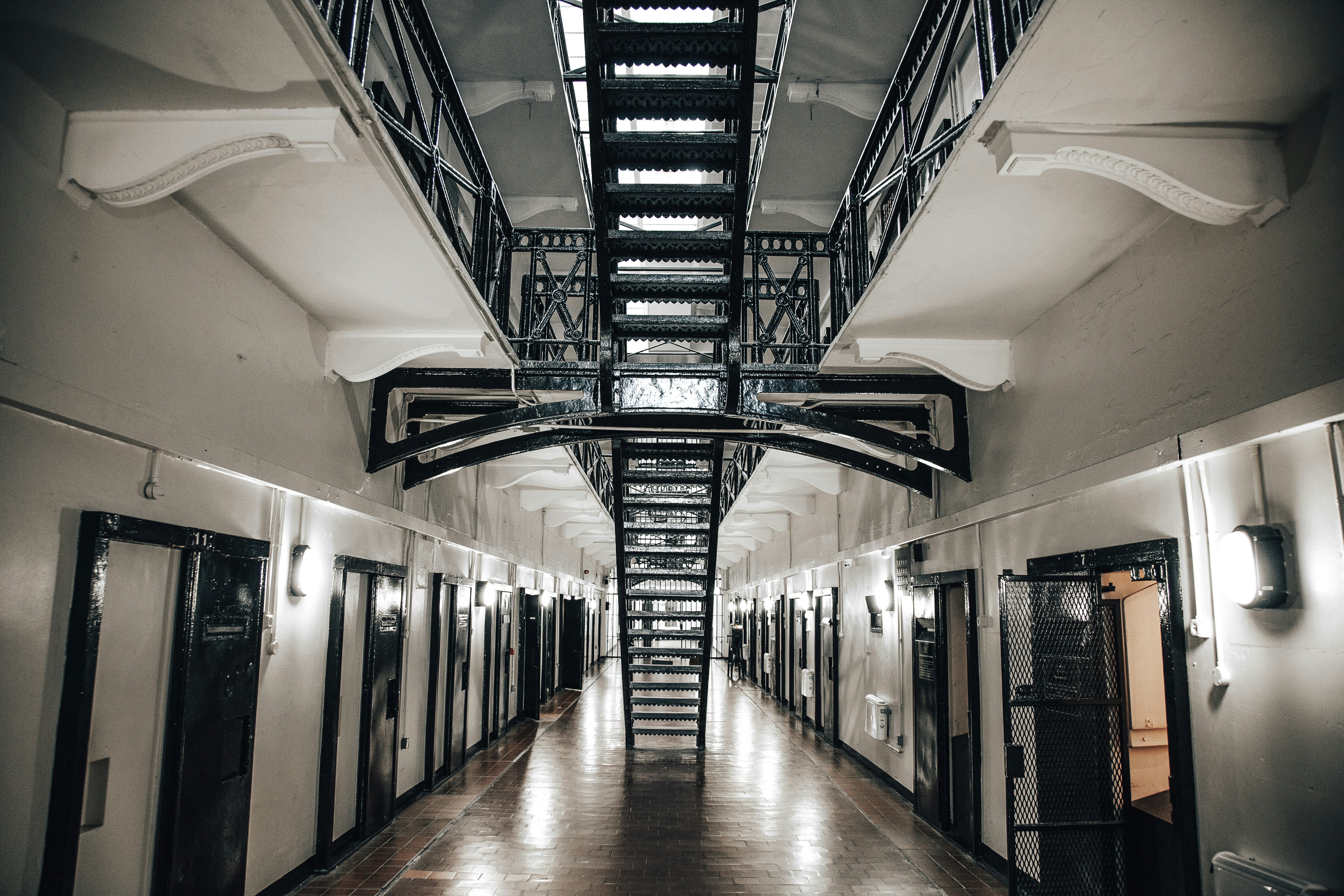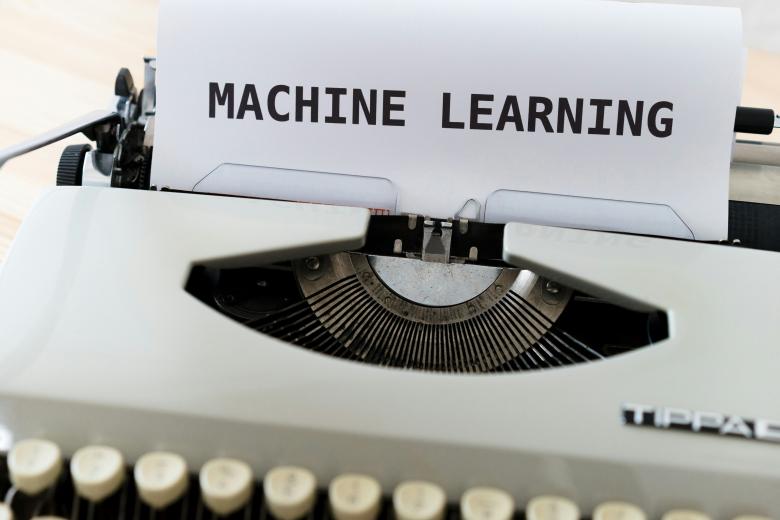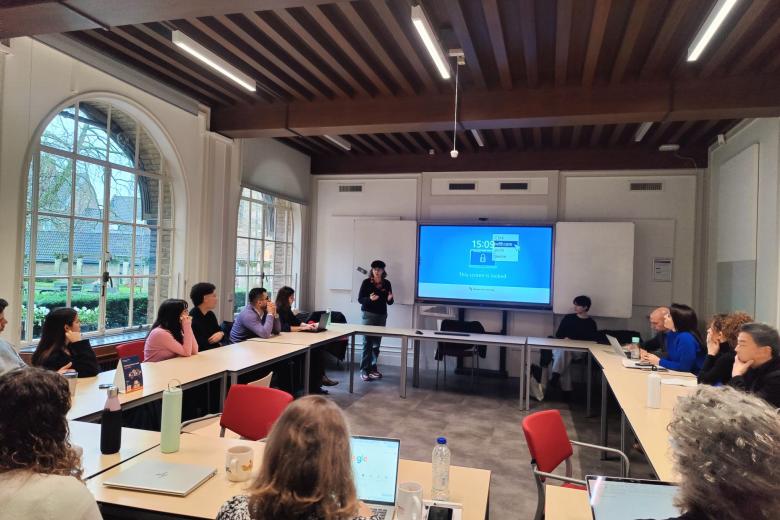No more room behind bars. How do we solve this?
Full prisons, staff shortages, and political disagreement about solutions – the Dutch prison system is under pressure. Jacques Claessen (Endowed Professor of Restorative Justice and Associate Professor of Criminal Law) explains how a series of political choices and legislative changes have caused the current crisis. But he does not get stuck in criticism. Claessen advocates constructive and sustainable solutions, such as the introduction of electronic detention and a broader application of community service.

‘Code Black’ doesn’t just appear out of nowhere. It came about as a result of a series of decisions and developments in recent years. Due to the policy of the Rutte cabinets, a number of prisons were closed, partly because the prison population was low at the time. ‘The amount of crime and the size of the prison population are always in a kind of wave motion. In 2015, we were in a trough and Rutte et al. decided to close prisons. But now the numbers are increasing again and a shortage is emerging,’ Claessen explains. ‘But that’s not all. Judges have also started to impose 10 to 20% stricter sentences in recent decades.’ In the Netherlands, you are relatively quickly sentenced to prison for minor offences, compared to other European countries. However, 75% of prisoners serve less than three months. In short: the chance of a short prison sentence is high in the Netherlands.
And then there has been a third change that has affected the capacity of the prisons. Claessen: ‘In recent years, our conditional release scheme, also known as the VI (in Dutch: Voorwaardelijke Invrijheidsstellingregeling) scheme, has changed. Previously, if you had a longer prison sentence, you would be released after two-thirds of your sentence. If you had been given 18 years, that would have meant 12 years in prison. Nowadays, the VI scheme is capped at 2 years, so 18 years now means 16 years in prison. That means more people in prison who have to be held for longer. In addition, you now have to earn those 2 years with good behaviour. If you do not show good behaviour, you also lose those 2 years and serve the full 18 years. Long-term prisoners are therefore currently in prison for considerably longer.’
Short-term solutions
A solution seemed within reach. An emergency measure that could open the valve, so that the worst pressure on the prison system could be relieved for a while. PVV State Secretary for Justice and Security Ingrid Coenradie proposed to send certain prisoners home a maximum of two weeks early. This would apply to people who had been given a prison sentence of up to one year. In addition, prisoners who are in prison for a sexual or violent offence would not be eligible. ‘Because a motion to stop this ‘rotten measure’ by Coenradie in the Lower House twice led to a vote ratio of 74 versus 74, the motion was rejected and Coenradie is allowed to continue her proposed policy,’ Claessen explains. ‘The irony for her is that support for her policy does not come from her own party, nor from VVD and BBB, but from NSC and the opposition parties.’
‘A number of populist coalition parties had proposed other solutions: for example, with 8 people standing in one cell (PVV) or a further austerity of the programme resulting in 23 hours a day behind the cell door (BBB)’, says Claessen. ‘Fewer activities during the day means in fact more time in the cell, but you will also have to do something about resocialisation if you want to prevent recidivism after release. That won't work.’ Claessen also mentions the safety of the prison staff. Two penitentiary workers who have to open the cell door behind which several prisoners are standing, that can go seriously wrong. Claessen also looks at the prisoners. The solutions proposed by the right-wing parties are inhumane. Moreover, the above-mentioned solutions only offer a solution for the short term. ‘It would be much better to come up with long-term solutions that free up capacity for the really tough guys who have to sit in for a longer period of time. By imposing fewer short prison sentences, you already free up space for that at the front’, Claessen explains. ‘At the front end, we can do more with community service orders and we can introduce electronic home detention.’
Constructive punishment
Claessen has been advocating for the introduction of electronic detention as a replacement for a short prison sentence for years. ‘The idea was already there when there was no ‘Code Black’ yet. In 2023, we presented a citizens’ initiative bill to the House of Representatives Committee for Justice and Security and to the then Minister for Legal Protection. D66, CDA and NSC took over that proposal,’ he explains. ‘A bill that has been adjusted by legislative lawyers is now ready and will soon be submitted to the House of Representatives.’ Not everyone, both in politics and in society, will be in favour of this proposal, because they do not see electronic detention as sufficient retribution. Claessen: ‘Retribution is of course a legitimate punitive goal, although one politician or party has more to do with it than another. Parties on the left side of the political spectrum are more focused on prevention and reducing recidivism. Right-wing parties are mainly in favour of stricter punishment and retribution. The middle seeks the balance.’ Research shows that severe punishments are generally not more effective, on the contrary: after a community service order or electronic home detention there is about 50% less recidivism (recommitting an offence) compared to a short prison sentence. The cost picture also looks different.
‘Retribution is a moral-ethical issue. I am not a retribution thinker myself, but I recognise that retribution is something important to many people. With these people, I not only have a discussion about prevention and costs. I also talk to them about how we can still retaliate, but in a more constructive way. From a restorative justice perspective, I always say: ‘let people make amends’. That brings you to community service and electronic detention. From home, you can go to work or school. If necessary, you add community service and do something useful for society,’ Claessen explains. ‘It's okay if things are a bit uncomfortable, but it is important that you give people as much information as possible and tell the whole story.’
Also read
-
Reducing the Digital Divide: Empowering Students to Train, Evaluate, and Use AI Text Models
The Maastricht Law and Tech Lab, together with the Brightlands Institute for Smart Society (BISS), obtained a € 100.000 a Comenius Senior Teaching Fellow grant.
-
Meet the Maastricht Centre for Human Rights
On 8 December, the Meet the Maastricht Centre for Human Rights event took place.
-
Mariam Aroian guest researcher at IGIR
Mariam Aroian will visit IGIR for three months, between December 2025 and February 2026. Her current research focuses on copyright and artificial intelligence.